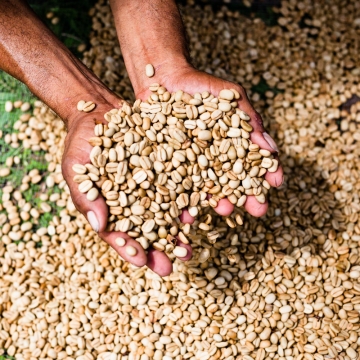Smallholder Avocado Contract Farming in Kenya: Determinants and Differentials in Outcomes
Avocado is a non-traditional export crop of economic importance in Kenya. Commercialization of the fruit through contract farming is a viable alternative for improving the welfare of majority of smallholder farmers involved in its production. This paper explores factors influencing the participation of smallholder farmers in avocado contract farming and decomposes those contributing to differentials in quality and quantities of fruit harvested and sold by contract and non-contract farmers.





